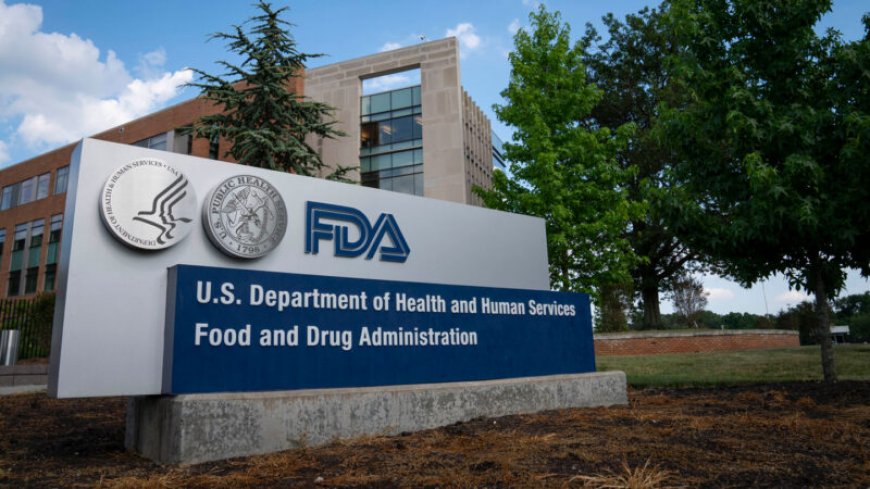The first gene therapy for muscular dystrophy has been approved for some kids
The U.S. Food and Drug Administration cleared a shortened version of a gene for a muscle protein to be used in 4- and 5-year-olds with muscular dystrophy.

The first gene therapy for children with Duchenne muscular dystrophy has been approved by the U.S. Food and Drug Administration. The therapy can be used in 4- and 5-year-olds with the degenerative muscle disease, the agency announced June 22.
Duchenne muscular dystrophy, the most common form of the muscle disease, is caused by mutations in the dystrophin gene, which makes a large protein that acts as a shock absorber to keep muscle cells intact.
Patients with Duchenne muscular dystrophy don’t make this shock-absorbing protein and “damage themselves literally every time they contract their muscles,” Douglas Ingram, president and chief executive of Sarepta Therapeutics, the company that makes the newly approved gene therapy, said in a conference call discussing the approval.
The disease becomes fatal when heart muscles and muscles that control breathing also deteriorate. About 6 of every 100,000 people in Europe and North America has Duchenne muscular dystrophy. It mostly affects males.
The gene therapy is a shortened form of the dystrophin gene. This microdystrophin gene produces a protein about one-third the size of the original protein. The shortened gene is packed into harmless viruses for delivery to muscle cells.
The therapy “is groundbreaking as it … is designed to target the underlying cause of the disease,” Sharon Hesterlee, chief research officer for the Muscular Dystrophy Association, said in a statement.
The company won approval by showing that children treated with the gene therapy make the shortened dystrophin protein. But Sarepta hasn’t yet completed an ongoing clinical trial to demonstrate whether the therapy actually works to restore muscle function. Results of that trial are expected this fall.
Based on the outcome of the trial, the FDA or the company could decide to withdraw the therapy from the market, if the results are disappointing. If the data show that the therapy is safe and effective, its use could be expanded to children and people of other ages.
Two other companies — Pfizer and Solid Biosciences — are also developing shortened dystrophin gene therapies to treat Duchenne muscular dystrophy.
What's Your Reaction?


























































